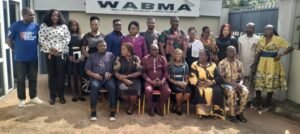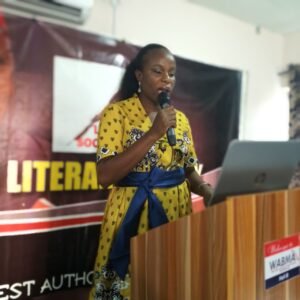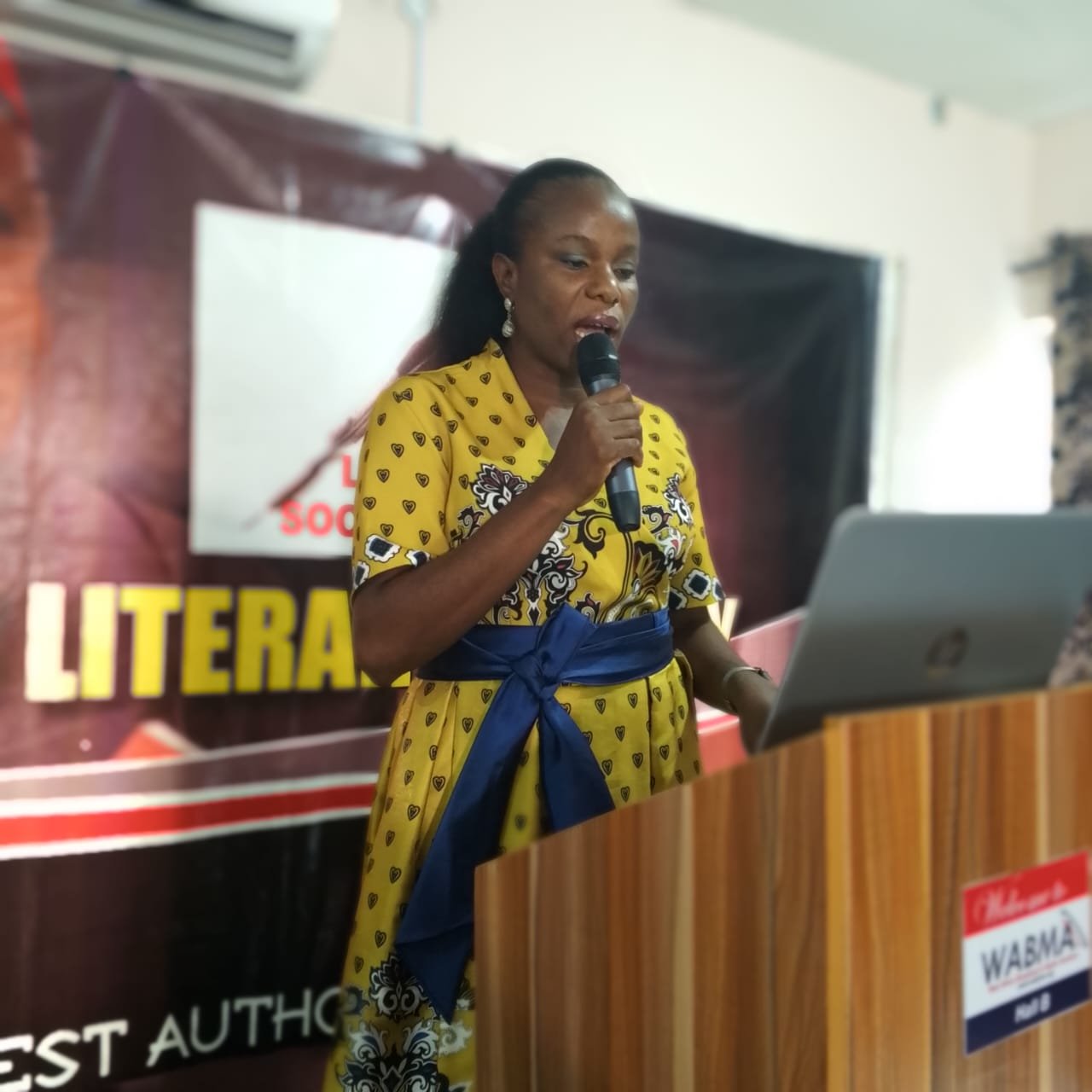By

The West African Broadcast and Media Academy (WABMA), an NGO, has trained journalists on the best world practice of reporting Sexual and Gender Based Violence (SGBV) cases.
The Enugu State Chief Operations Head of the Organisation, Mrs Chidiebere Njoku, stated this at a one day Media Training on Thursday.

WABMA Media Development Foundation is a non-profit development and impact-driven arm of the WABMA based in Nigeria, with campuses in Enugu, Abuja, and Lagos.
Njoku said the foundation was dedicated to using media as a strategic tool for positive social transformation, particularly across West Africa.
She explained that it worked at the intersection of media, development, and democracy.
She said that it focused on building the capacity of journalists, content creators, and civic actors to drive inclusive narratives, power holders to account, and amplify voices from underrepresented communities.

Njoku said that the core focus areas included ethical and development journalism, Sexual and Gender-Based Violence (SGBV) prevention and media advocacy, gender-responsive and inclusive media practices.
She said that other focus areas included: election reporting and civic engagement, climate and public health communication media literacy and fact-checking, youth empowerment and leadership through storytelling among others.
Njoku said that part of the project was to amplify the voices of leaders of faith and culture against SGBV.

“By this, we engage religious and cultural leaders across Southern Nigeria to champion SGBV prevention, influence community norms, and enhance visibility through media training and storytelling,” she said.
The head said that the vision was to be the leading catalyst for transformative media excellence and social impact in West Africa.
She noted that the aim was also to build the capacity of media institutions and practitioners for a free, independent, diverse, and development-oriented media that strengthens democratic values and empowers communities.
One of the resource persons, Dr Ambrose Igboke, a Regional Communications Consultant, said that narratives about SGBV were stereotypes which were rooted in the religion and traditions of the people.

Igboke said that most third world countries practiced gender imbalance including Nigeria, adding that it had continued to bring discrimination in the society.
He stressed the need to abolish stereotypes in Nigeria for people to bring out their best in opportunities or positions they found themselves without thinking of what people would say against them.
In her speech, the Executive Director, Global Initiative for Development, Care of Women and Youths, Mrs Ngozi Ebo, advised journalists not to disclose the identity of survivors of SGBV while reporting cases.
Ebo said, “Journalists should avoid blames, when interviewing survivors, as they may not like to speak up until they ensure that they will be protected.”
Some journalists that participated at the workshop expressed satisfaction with the training saying that they would improve their reporting on SGBV.










